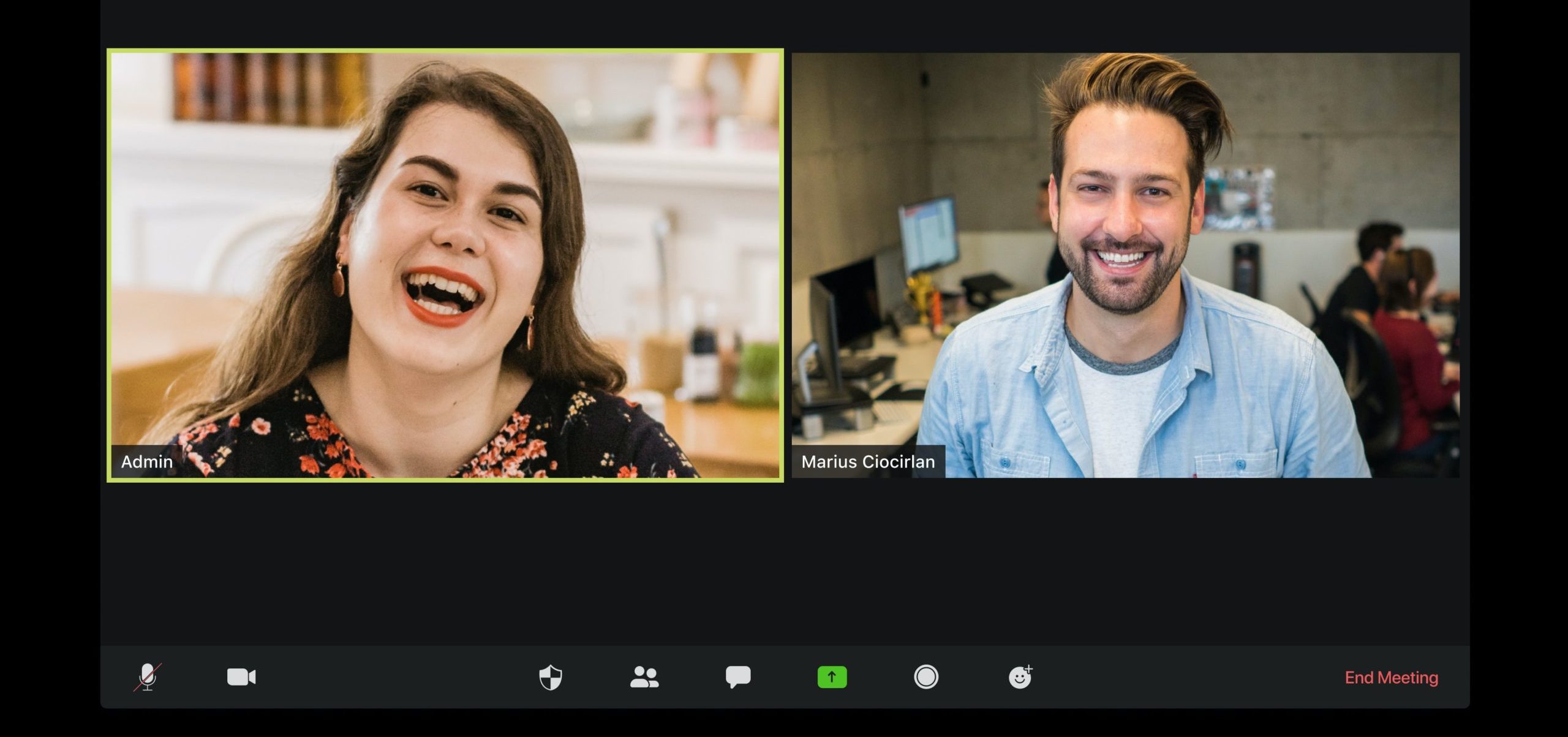The way we recruit and onboard employees has changed rapidly over the last year. From WebEx technical difficulties to home-delivered fruit baskets, here at Spinnaker along with our Maritime HR Association members, we have explored the pros and cons of the ‘new norm’ for recruitment during the pandemic.
Recruitment
• As a global industry, many maritime HR professionals were already experienced at conducting interviews virtually – and while face to face interviews have all but stopped there remains an appetite to reinstate these for second rounds when permitted.
• Recruitment volumes have remained steady in most cases – one member reported an increase in short term contracts (to cover an increase in the number of maternity cases) as well as an increase in turnover for local staff (arising from current travel restrictions).
• While some have encountered technical difficulties with online interviews, one member reported offering a range of video tools to suit the candidate.
• If there are sufficient vacancy volumes and timing allows, new joiners will start together where possible – driving an instant ‘friendship’.
• Remote interviews were identified as an opportunity for more diverse recruitment panels and while the composition of recruitment panels varied by member, many typically reported including a member of HR (who would ensure diversity and likely be female).
• The Maritime UK Interview Pool is available to those who wish to explore more balanced interview panels. See https://www.maritimeuk.org/priorities/people/diversity-maritime/projects/interview-pool/
Onboarding
• Relocations are still happening where COVID restrictions allow, but last-minute changes in government guidance are driving lots of creative work arounds and the cost of relocations has increased significantly in line with container rates.
• It was acknowledged that virtual onboarding can take more time, yet in some jurisdictions probationary periods are limited. Preboarding – the concept of starting employee integration before they start – was identified as a great way to extend the induction and welcome staff before they even commence employment, including checking technology before day one and connecting them with a buddy or mentor.
• Feedback from candidates suggest that being organised and planning ahead makes a huge difference to their onboarding experience. Managers are encouraged to set a full schedule for those first 2 weeks, with regular check-ins, but allow time between meetings to avoid zoom fatigue and provide time to digest and reflect. Self-study packs were offered in some cases, for new starters to work through in between sessions as well as dedicated single points of contact (HR, IT etc) and supporting desktop instructions for resolving issues.
• An understanding of company culture and values (i.e. feeling the pulse of the organisation) is something that can be hard to get a sense for remotely. Specific sessions on this are particularly welcome by new starters and there may be an opportunity to share as part of ‘re-onboarding’ those employees returning from long term homeworking too.
• Finally, team integration and generally ‘getting to know each other’ is possibly more important than ever. Assigning project work can help drive this in a work capacity and ending the first week with a social event (e.g. virtual lunch or team drinks) could mark the start of regular team events.
If you want to share ideas, challenges and best practice with other maritime HR professionals, get in touch to find out more about our association via [email protected] or +44 (0)1702 481660.


